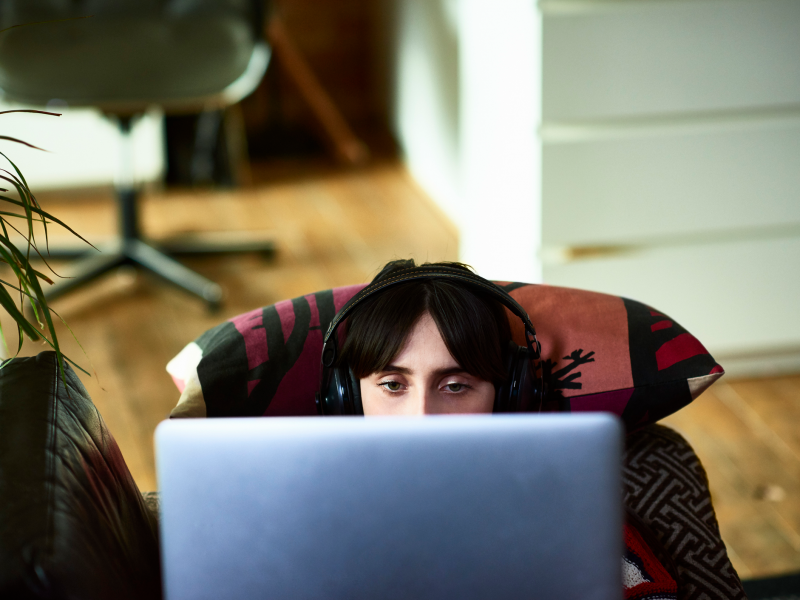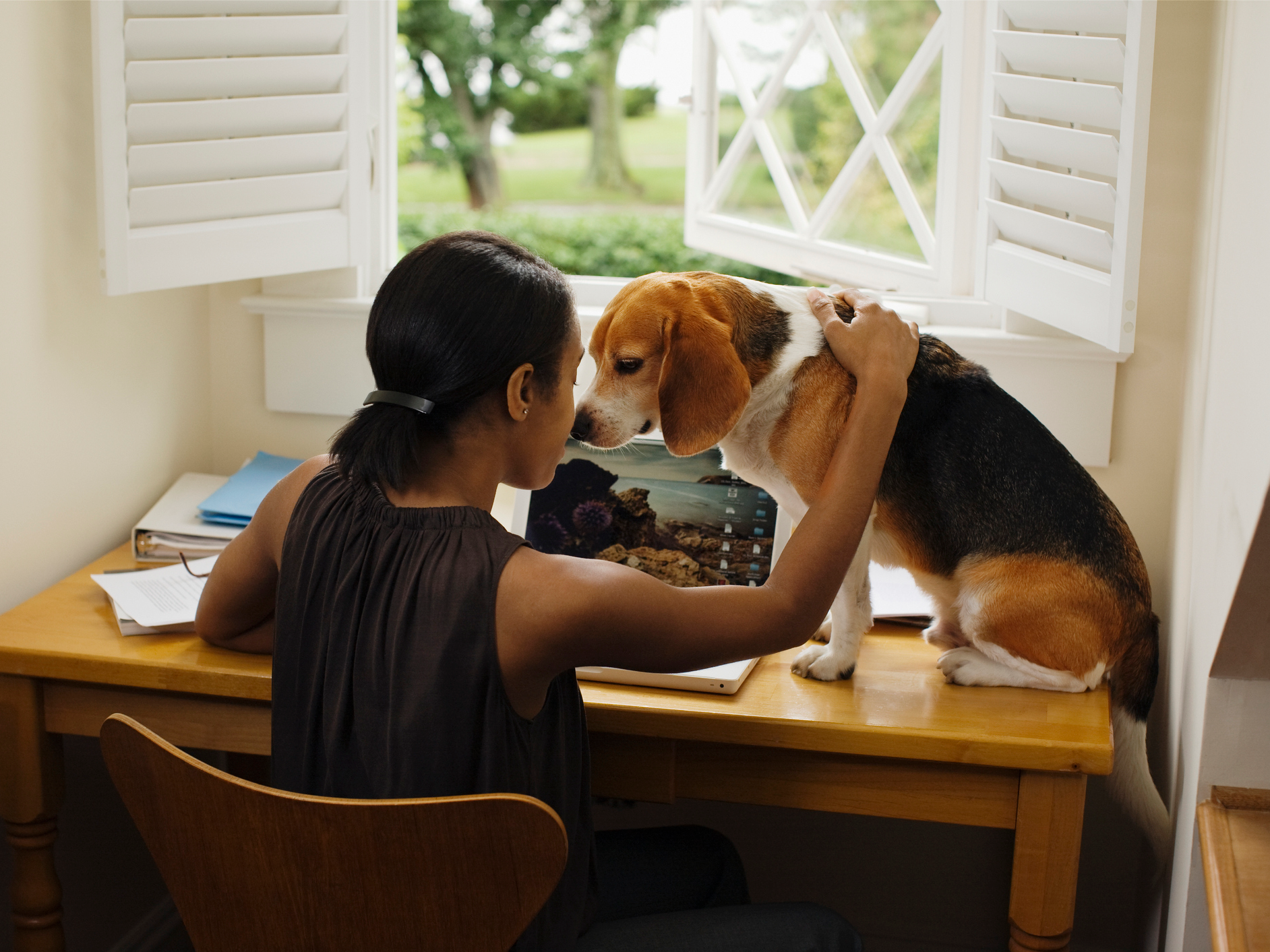- Vivian Nunez is a NYC-based writer, public speaker, and content creator. She is the founder of Too Damn Young, an online community and resource site for grieving young adults.
- She balances her anxiety diagnosis with her self-employment, and has found it key to create her own habits to manage her mental health.
- Maintain strict work boundaries, prioritize getting sleep, talk to other people around you, and create routines that tend to your own needs.
- Visit Business Insider’s homepage for more stories.
Being self-employed for the last seven years has taught me that having good habits can help me manage both my anxiety and my workflow.
After traveling through London for all of February, this is the lesson that I kept coming back to. One of my biggest fears when I first started working for myself was that my mental health could be triggered or exacerbated by the fluidity of my work. Despite the common misconception that being self-employed means your work has no deadlines and unlimited flexibility, the reality is that structure becomes your best friend when you work for yourself, just in different ways than it would in a 9-to-5 job.
Balancing my anxiety diagnosis with my work life has been the only reality I’ve ever known. It became imperative for me to learn habits and coping mechanisms that would make it easier to achieve different career goals without negatively impacting my mental health. During the times when anxiety has taken over my day, it’s knowing that I’ve done the legwork of setting myself up for success through these habits that helps me cut myself some slack.
There have been four different structures and habits that have worked to make it easier to manage my mental health, no matter what’s on my agenda.
1. Acknowledging just how much is on my plate

I realized I needed to adopt this habit when it became clear others thought my time was up for grabs. From family members to friends, it was apparent that my remote-style work life signaled to them that I was always free to chat or grab coffee.
Setting strict boundaries on when my work time is and when my social time is helps keep my anxiety at bay, because it ensures I'm not ignoring the responsibilities that help pay the bills.
On a tactical level, adding work blocks to my calendar made the time seem less negotiable if a family member or friend ever called just to chat. Creating clear separation between where I worked and where I "played" was also really important. Even on the days when I work from home and my couch is my office, having a cue (like lighting a candle) that distinguishes when I'm offline really helps.
2. Prioritizing sleep

By the same account, not negotiating down my basic needs became a high priority for me once I realized how unproductive I was when I didn't sleep, eat regular meals, or take a break.
It's easy when you're self-employed to fall into the trap that work is 24 hours a day. Not having the separation of work and home can especially underscore this bad habit.
This is why I started swapping out outfits as soon as I was done for my work day, even if it was just to sit on the same couch again. The mental cues that the day was done and it was time to relax have helped reinforce a balance that helps me from getting overstimulated. On days when I really need to draw a line between work and life, taking a walk and going back into the apartment with fresh eyes is key.
3. Talking to other people

Whether you sign up for a coworking space or become friends with your local barista, making an effort to talk to another human being - even just about the weather - can help you break you out of solitary patterns that, if you're like me, may actually trigger your depression or anxiety.
A 2015 study found just this - that someone's risk of depression increases when their face-to-face social interactions are limited. This alone is worth the effort of putting on real pants to venture outside, if even for a few minutes.
4. Having a routine

The most important habit that's helped me keep my anxiety at bay is baking a routine into my everyday schedule that works for me. This doesn't mean that I work from nine to five every day, or that I take every weekend off, but it does mean I've noticed how to best tend to my own needs.
Some routines that have helped me are getting up early and doing something unrelated to work, but that still prioritizes me (like yoga), taking a mid-day walk, or only taking calls in the afternoon when I know I'm the most unproductive in front of a computer.
In order for your career to grow, it's essential to figure out what works for you and what processes you can have in place to make sure your work life doesn't impact your mental health.
You aren't able to anticipate every detail that can make your anxiety go from zero to 100, but self-care can look like trying your best to make sure you aren't tripping over the same hurtful habits.

